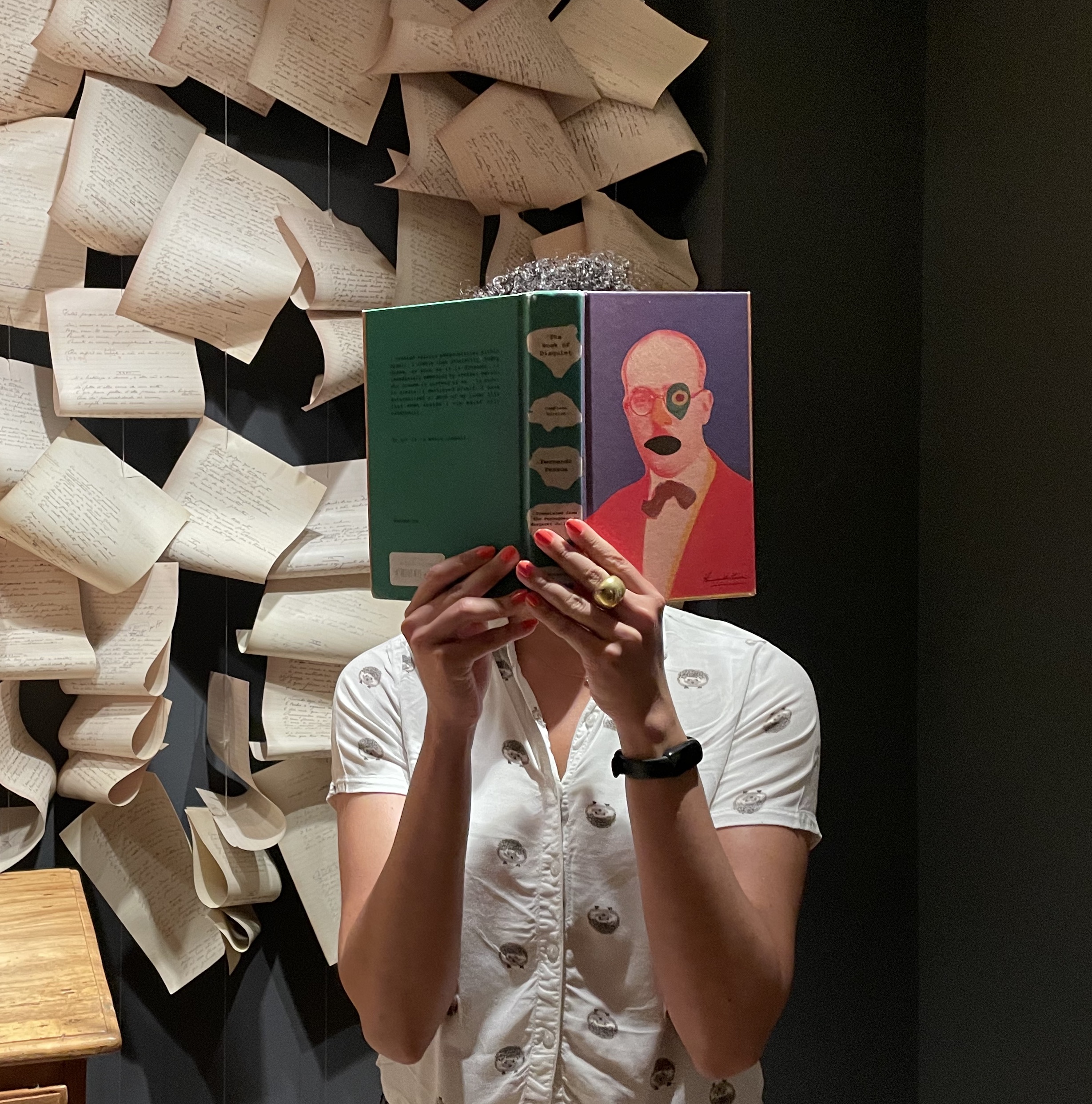By LI YONGYI
Translated by STEPHEN HAVEN and LI YONGYI
Spiritual territory divided by Israel and Rome,
Capitol, the eagle and the military
Turned English into Latin, your ark of covenant
Lurking in “Old Europe” and exceptionalism.
The future of the New World, like the formed past,
Stands unalterable. To glorify a Calvinist God
In plantations, stock exchanges, gold valleys,
You pursue wealth, salvation, the American comedy.
Witch ashes taught you to sever law from religion,
Taxes from the Crown inspired your Constitution,
Procedural justice drove Indians West,
And slaves’ liberty brought new value to industry.
Moved by your own virtue, embarrassed
At your profit, you embrace all who suffered,
Yourself an aporia of suffering.
The world needs you in the absence of a better judge.
Stephen Haven is the author of The Last Sacred Place in North America (2012, winner of the New American Press Poetry Prize). He has published two previous collections of poetry, Dust and Bread (2008, for which he was named Ohio Poet of the Year), and The Long Silence of the Mohawk Carpet Smokestack (2004). He directs the MFA Program in Creative Writing at Ashland University, in Ohio. He was twice a Fulbright Professor of American literature at universities in Beijing.




